Curious about a career as a Construction Project Manager in Canada? Get a snapshot of what it’s like, thanks to this career profile of Alan Moat.
At Outpost Recruitment, we strive to build learning tools to help newcomers be successful in Canada. We’ve invited a range of successful immigrants, across various construction and engineering roles, to share their experience in moving to Canada and growing their career.
In the latest of our series, Alan Moat chats with Ruairi Spillane and shares his experience in moving to Canada to work as a Construction Project Manager in Canada.
Alan Moat – Construction Project Manager in Canada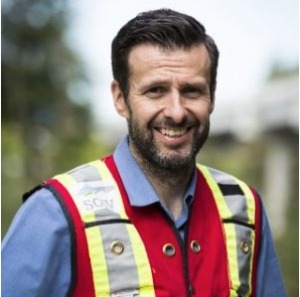
Alan grew up in Birmingham, England. In 1992, he graduated from the University of Exeter with a degree in Civil Engineering.
He has worked in a variety of roles related civil and structural engineering design and construction, predominantly in the railway sector.
Alan was a CEng MICE in the UK and whilst he gained his PEng APEGBC equivalent when he moved to Canada, Alan is now a Construction Project Manager with his PMP designation from the Project Management Institute.
After moving to Canada in 2006, Alan was employed as a Construction Project Manager in Canada with SNC Lavalin for 10 years. In 2015, Alan joined Parsons as an Area Manager in B.C. overseeing the Roads & Structures group.
He is based in Vancouver and has worked on the Canada Line and Evergreen Line rapid transit projects for four years each, with the two years between spent on bidding projects across North America.
He is married and has a six-year old daughter and two-year old son.
When he’s not delivering complex transit projects, Alan enjoys mountain biking and road riding, skiing, snowboarding and passing those skills on to his children.
SNC Lavalin is the largest engineering and construction company in Canada and one of the largest in the world with offices in over 50 countries.
Your move to Canada
Why did you choose Canada?
In 2005, I decided I needed a change of scenery.
I’d been working in the railway sector for around seven years, and as a consultant for the last five years.
My engineering and construction skills were transferrable around the world, and I narrowed down my options to New Zealand, Australia and Canada.
Really, I wanted to move for the lifestyle as much as the work experience, so it had to be somewhere close to the mountains or ocean.
I’d been on vacation hiking in the Canadian Rockies in 2001, Australia in 2003 and New Zealand south island in 2004 and loved them all, but Australia’s too hot for me, with not enough mountains and there wasn’t much work in New Zealand at the time, so I decided to focus on Western Canada.
Was career progression or lifestyle a bigger decision factor in the decision?
I was earning at lot of money for a 30-year-old single guy when working as a contract engineering manager back in the UK.
I took a considerable pay cut to move to Vancouver and take a regular salaried position, so it was definitely a lifestyle decision.
The first position with SNC Lavalin I took was a design manager role which I found easy and something that I’d been doing five years earlier in the UK.
It wasn’t soon before they saw my capabilities and promoted me to the Project Manager responsible for the construction of the three downtown stations on the Canada Line.
What made you choose Vancouver?
I was weighing up the options in Australia and Canada, and when I discovered there was a lot of work in Vancouver ahead of the 2010 Olympics, I focused my efforts on there.
I never gave much thought to Calgary to be honest. I secured a one-year working visa through the exchange scheme, and started contacting employers, including the companies bidding to build the new Canada Line SkyTrain from the airport to downtown.
I applied for a few positions on Olympic projects but didn’t get anywhere. I came out to Vancouver on vacation in the summer of 2005 to walk the west coast trail and dropped into the SNC Lavalin office, and managed to convince the Canada Line Project manager to interview me.
The visit to Vancouver convinced me that this was the place for me and eventually, after a lot of following up, they offered me a job in September 2005. I arrived on December 31, and started work on January 4, 2006.
My advice to anyone seeking employment here is use your initiative, be persistent and don’t give up.
Did you move alone?
I arrived in Canada on my own, along with my mountain bike and snowboard on December 31, 2005.
I met my wife, Nicole, who is Canadian, 18 months later at the Crankworx mountain bike festival in Whistler and we got married in 2012.
Your education and professional experience prior to Canada
What motivated you to study Engineering?
My dad was a carpenter and I have always been into building stuff.
I found maths, physics and chemistry easy at school as engineering seemed like a good option for me. I did a general engineering course for the first two years, then after being offered summer work by Mott MacDonald, I decided to chose civil for the last two.
To what extent did your career diverge from the original plan (if any)?
I never really have a long term plan to be honest. I focus on a goal one or two years ahead and revisit that plan regularly as things develop.
If I’m not happy I change direction until I am happy.
The two big changes I made to my career path were to work as a consultant in 2000 which worked out great and earned me a lot of money and secondly moving to Canada.
Working as a consultant enabled me to make the jump from the design consultant side to the construction contractor side, which suits me better to be honest.
The Canada plan came out of the blue to a certain extent.
I was working in Liverpool on the Merseytram Project and wasn’t really enjoying the project or the city. That was the push I needed to move abroad and as they say the rest is history.
Briefly highlight your career path prior to moving to Canada.
I worked for Mott MacDonald for six years after university.
This included spells in the Birmingham design office, the London Project Management office and seconded to a contractor for a year.
Most of the work involved designing, inspecting, building bridges.
I got my CEng in 1997 and I was headhunted by Atkins Rail in 1998.
From then on I’ve worked exclusively on heavy and light rail projects.
At the end of 2000 I decided to quit Atkins Rail and work as a consultant, in initially this was for Atkins Rail and then for Carillion as Design Manager or Engineering Manager on a series of West Coast Mainline upgrade and remodeling projects.
My last role was contract with Parsons Brinkerhoff as a section project manager on the ill fated Merseytram project in Liverpool which was cancelled two weeks after I quit late in 2005.
Preparing for the move
What did you know about your career prospects as a Construction Project Manager in Canada?
I had a job pre-arranged before setting out. If I hadn’t managed to arrange a job before the last date to start my visa (December 31, 2005) I would have moved here anyway and tried to secure something when I arrived.
Worst case, I’d have been a ski bum or a bike mechanic for a year.
What did you do to prepare for your move? What was the biggest challenge?
I was lucky enough to be able to negotiate a contract that included a housing allowance for two months and SNC Lavalin arranged an apartment for me.
The rest was pretty easy to be honest. The extra baggage for a single guy isn’t much. Preparing for the move well in advance is the trick.
Just make sure you are organized and can redirect all your post to someone in the UK you can try to help manage it for you while you are away.
I’m lucky enough to have my mum to do this for me and she still does a great job for me.
Did you have a professional network in Canada prior to your move?
I didn’t have a professional network prior to my move, but there are a lot of expats in Vancouver so you’ll soon make contacts if you out yourself out there.
I had a couple of friends in Vancouver before I moved here which made life easier to settle in and I quickly made some good business contacts at work and some good friends who I’m still friends with ten years later.
Your professional development in Canada
What are the key differences between being a Construction Project Manager in Canada and the UK?
The role was initially similar to work I’d done as a design manager in the UK, however it soon changed to a very different role as a construction Project Manager, which was new to me.
Aside from that engineering and construction is the same the world over and with no language barrier, the transition was easy.
The level of pressure is a bit lower in Canada as the working environment is a lot more collaborative and generally everyone wants to help and push in the same direction.
Initially I had a lot more spare time but after a couple of years I had about the same amount as I had in the UK. However of course I now have so many more fun things to do with my spare time!
Working environment in Canada
Is the working environment as a Construction Project Manager in Canada similar or different to previous locations in which you have worked?
The working environment here is fairly similar to the UK, though maybe a little bit more laid back and there is less pressure to work long hours.
The construction working environment is definitely less confrontational which is good in general, but sometimes gets in the way of getting issues brought to a head and resolved quickly.
How would you rate the career prospects for newcomers looking to be a Construction Project Manager in Canada?
It can be tough for newcomers if they have no experience here. Priority is given to local graduates.
However, if you have experience, skills and can sell yourself then you should be able to get a job in the industry.
Use your contacts if you have them and use agencies.
Your lifestyle in Canada
What do you like most about Canada?
I’ve got kids now, but I remember in my first five years I’d go snowboarding with some mates after work.
In less than an hour of leaving my desk I’d be hitting the powder on the north shore mountains until they closed at 10pm.
Whistler is less than two hours away at weekends too. When I first moved here I did a lot of hiking, climbing and mountaineering and there’s countless mountains to be scaled and backcountry camping to be had only a few hours out of the city.
What actions did you take to help you settle in Canada on a personal/family level?
Throw yourself in 100pc. Don’t expect Vancouverites to come up to you and make friends.
You have to put yourself out there. It helps if you are a biker/hiker/skier/boarder or have some other interest as there are a lot of like minded people to meet here.
Canadians are the friendliest people in the world, but they are a little difficult to get to know sometimes.
Do you see Canada as a long-term home?
Yes, absolutely. The BC licence plates don’t say the ‘Best Place on Earth’ for nothing.
I’ve been here for ten years now and I’ll never leave. Apart from the house prices in Vancouver it’s the perfect place to bring up a family and very safe.
Success factors
What was the best career advice you have received?
If you are a Construction Project Manager and expect to get everything done before you leave work at the end of the day, then you’re in the wrong job.
Never expect to get everything done, else you’ll be constantly stressed.
The art of being a Construction Project Manager is to keep 100 balls in the air and don’t drop any. You’ll always have a list of 100 things to do and your job is to prioritize those things. As soon as you do one, two more will be added to the list.
Live with it and make sure the important things are done before you leave.
What advice would you give to people looking for work as a Construction Project Manager in Canada?
Get some good experience back home first.
Get varied experience also. Don’t just do one thing for the first five years of your career else before you know it you are pigeon-holed.
Develop a great resume and you’ll be in big demand as a Construction Project Manager in Canada.
Follow Alan’s path
Interested in working in construction or engineering within Canada? Want to build a career as a Construction Project Manager in Canada like Alan?
Read more about how Outpost Recruitment helps job seekers
Other articles in this series:








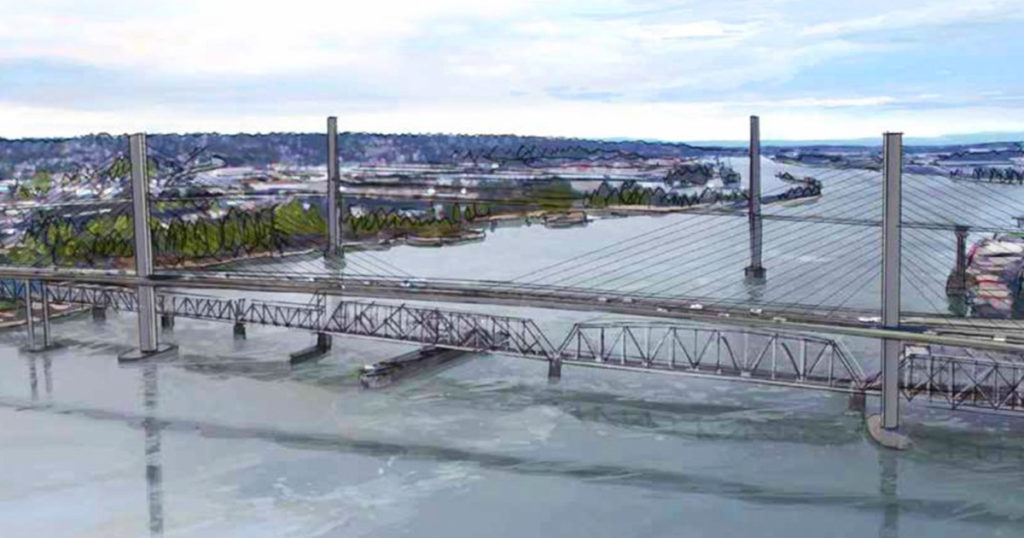
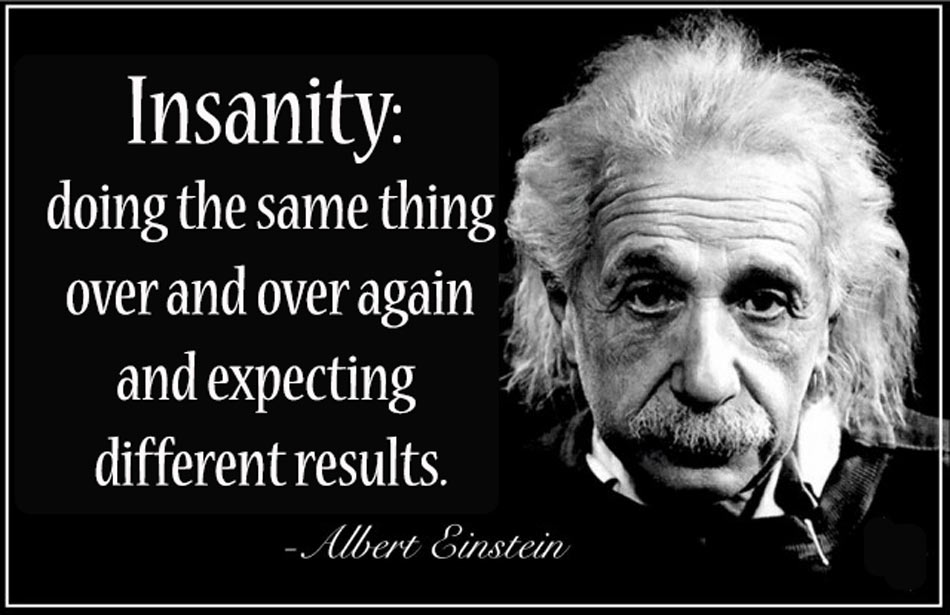
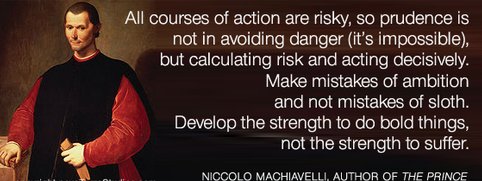





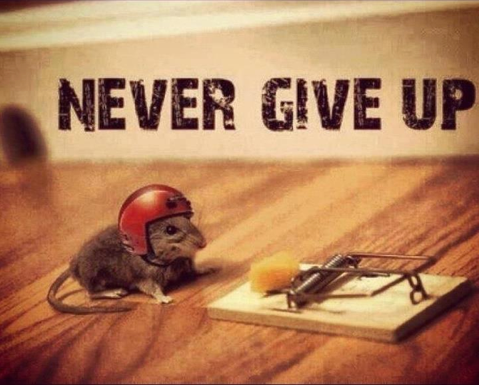





 Stephan Blank – Construction Estimator in Canada
Stephan Blank – Construction Estimator in Canada Niamh Ní Chróinín moved to Canada in February 2014 after working as an Engineer in Ghana, Ireland and London.
Niamh Ní Chróinín moved to Canada in February 2014 after working as an Engineer in Ghana, Ireland and London.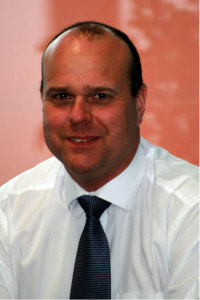 Dave Green – Commissioning Consultant in Canada, Buildings
Dave Green – Commissioning Consultant in Canada, Buildings
 Having relocated to Canada in 2011, Colin was a Construction Project Manager in Edmonton with Clark Builders for 4.5 years before joining Chandos in 2016.
Having relocated to Canada in 2011, Colin was a Construction Project Manager in Edmonton with Clark Builders for 4.5 years before joining Chandos in 2016.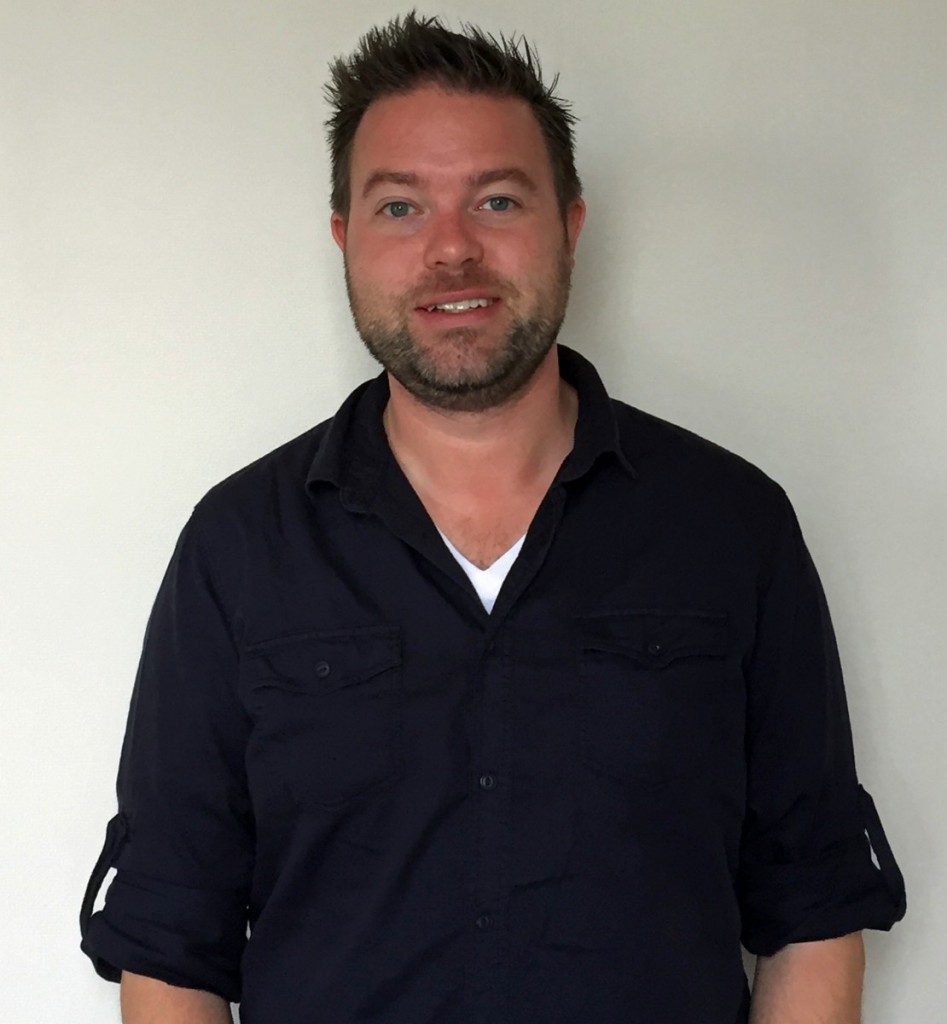 Eoghan moved to Vancouver from Ireland in 2007.
Eoghan moved to Vancouver from Ireland in 2007.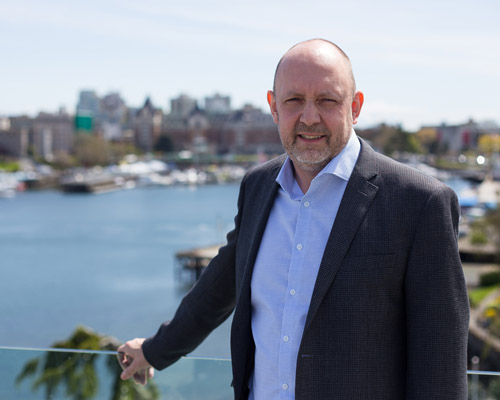 Richard Shipway – Commercial Business Manager in Canada – Axiom Builders
Richard Shipway – Commercial Business Manager in Canada – Axiom Builders